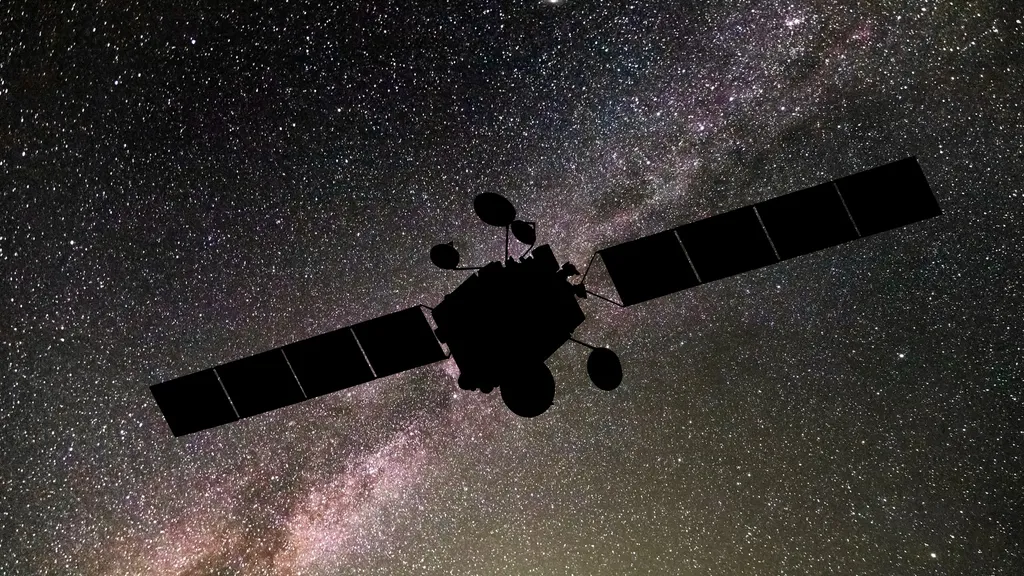Experts are still unsure of the effects
Frequent satellite launches may leave scars in the atmosphere, according to a new study published in Proceedings of the National Academy of Sciences. A team of atmospheric scientists flew a NASA aircraft over Alaska, sampling the stratosphere. They found traces of lithium, aluminum, copper and lead in higher quantities than what would be produced naturally. "We are finding this human-made material in what we consider a pristine area of the atmosphere," Dan Cziczo, one of the authors of the study, said in a statement.
Experts have long believed that the world has a space junk problem. There have been a number of instances in which pieces of space junk fell to the surface of the Earth, injuring people, or disrupting space stations and space crafts. This research suggests that burning, disintegrating space junk and returning rockets are also polluting the crucial layer of atmosphere that holds the Earth's ozone shield.
This is "the first observational evidence that space activities are a very significant source of particulate pollution to the stratosphere," Slimane Bekki, an atmospheric scientist at the French research laboratory LATMOS, told Popular Science. And experts don't know how space junk pollution will affect the stratosphere or the planet below it.
"If something is changing in the stratosphere — this stable region of the atmosphere — that deserves a closer look," Czizco said. Scientists are concerned that the particulates could damage the ozone layer, though the effects of the pollution are still unknown. "What this research shows us is that the impact of human occupation and human spaceflight on the planet may be significant," he continued.
Realistically, "the only way for these particles not to appear in the upper atmosphere is for the satellites not to be launched in the first place," Jamie Shutler, an atmospheric scientist at the University of Exeter, told Popular Science.
- Karlston
-

 1
1



Recommended Comments
There are no comments to display.
Join the conversation
You can post now and register later. If you have an account, sign in now to post with your account.
Note: Your post will require moderator approval before it will be visible.